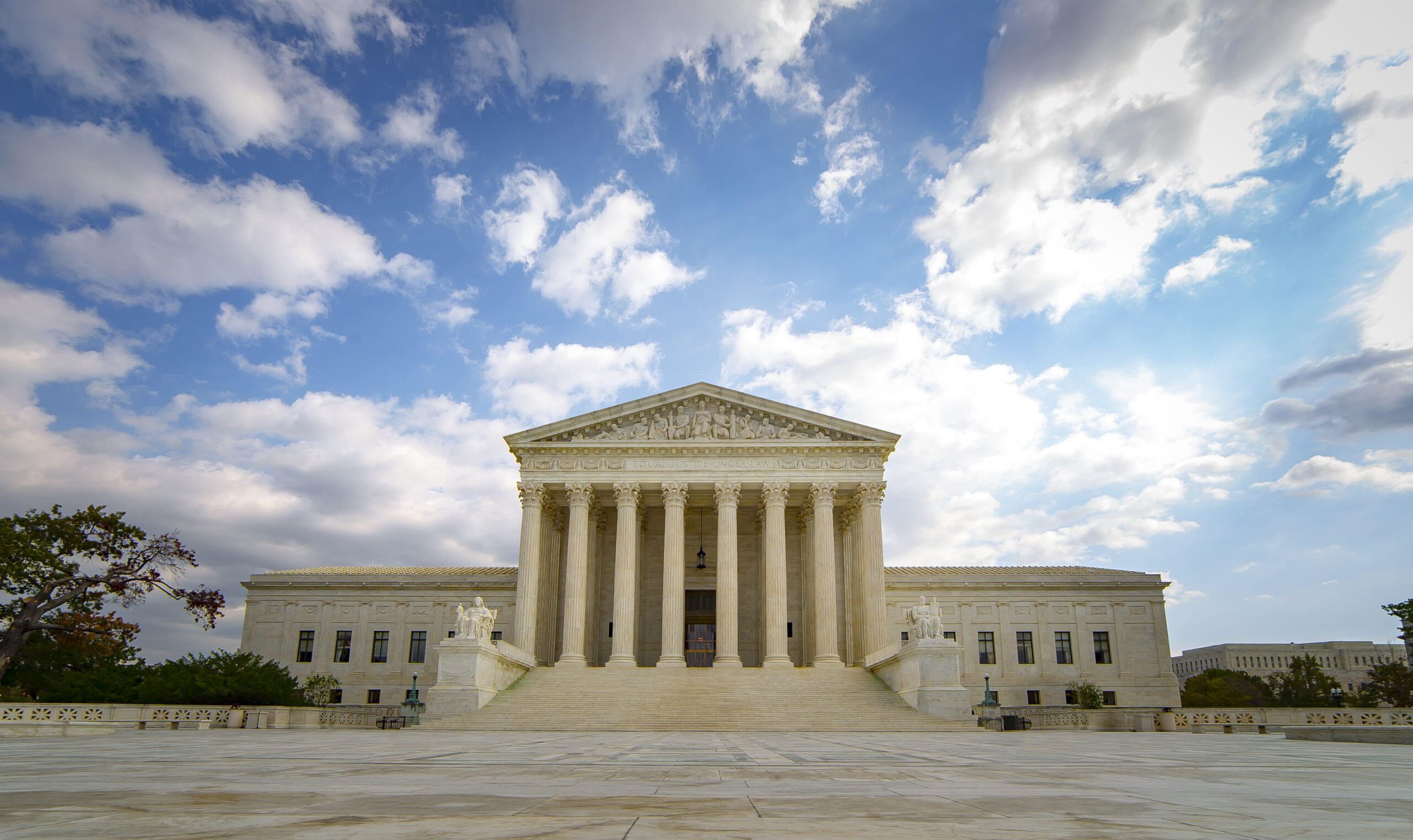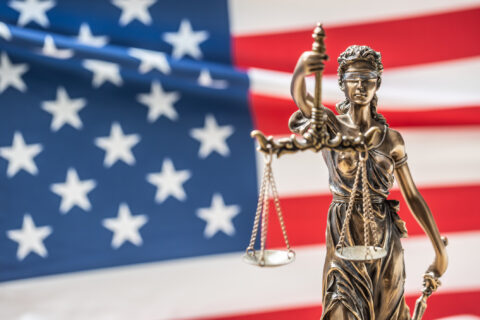On October 26, 2020, Judge Amy Coney Barrett became Justice Amy Coney Barrett. During her confirmation hearings, Judge Barrett was asked about her views on the Affordable Care Act, guns, and abortion, among other issues. Like her predecessors, she tried to say as little as possible about her views on hot button issues.
But what about her thoughts on less controversial topics the Supreme Court decides on a more regular basis, upon which states and local governments may have more agreement like land use, qualified immunity, and free speech? Members of the Senate Judiciary Committee did not ask her about the handful of rulings she wrote or joined on these topics from her brief time on the Seventh Circuit.
The most obvious theme of Judge Barrett’s decisions in these less controversial cases is that she is willing to apply precedent, which is the job of a lower court judge. A Supreme Court Justice’s role is much broader.
In August 2020, Judge Barrett wrote her first and only opinion in a takings case. In Protect Our Parks v. Chicago Parks District, some residents of the City of Chicago argued the City unconstitutionally “took” their property by transferring land in City-owned Jackson Park to the Barack Obama Foundation to build the Obama Presidential Center. Judge Barrett rejected the argument that city residents have a constitutionally protected property interest in public land. The Illinois Court of Appeals had held adjacent landowners who objected to the expansion of the Museum of Science and Industry in Jackson Park had no protected property interest.
While Judge Barrett’s opinion is very deferential to the City, it is difficult to draw any definite conclusions about her views on property law more generally. This wasn’t a close case; Judge Barrett described the challengers’ argument as “highly unusual.”
The most obvious theme of Judge Barrett’s decisions in these less controversial cases is that she is willing to apply precedent, which is the job of a lower court judge. A Supreme Court Justice’s role is much broader.
Judge Barrett’s qualified immunity opinions might get some scrutiny at the confirmation hearings. Some commentators have speculated that her opinion in Rainsberger v. Benner indicates that she won’t “defer to the police too much and too often.” Another view of this case is that Judge Barrett simply understands the doctrine of qualified immunity and is willing to follow it. Qualified immunity protects government employees from being sued for constitutional violations when the law isn’t clearly established.
In Rainsberger v. Benner Officer Benner arrested William Rainsberger for killing his elderly mother. In the arrest warrant application, Officer Benner failed to disclose DNA evidence that didn’t incriminate Rainsberger. Officer Benner also submitting phone records indicating Rainsberger called his brother at his mother’s house an hour before he called 911. But Officer Benner had been told the call was routed through a cell tower in a different time zone indicating Rainsberger called his brother right before he called 911. Officer Benner argued he should receive qualified immunity because his “omissions and lies” weren’t material to determining whether he had probable cause to arrest Rainsberger. Judge Barrett disagreed.
In September 2020 Judge Barrett joined but didn’t write, an opinion in Illinois Republican Party v. Pritzker. In this case, a three-judge panel upheld the Illinois Governor’s executive order prohibiting gatherings of 50 or more people due to COVID-19 but exempting religious gatherings. The court rejected the Illinois Republican Party’s argument that the executive order violates Reed v. Town of Gilbert (2015), because it treats religious speech better than other speech. The Seventh Circuit didn’t interpret Reed broadly stating the Supreme Court didn’t discuss how Reed should apply in free exercise of religion cases.
The State and Local Legal Center has recently asked the Supreme Court to narrow or overturn Reed. Unfortunately, the Seventh Circuit’s decision in Illinois Republican Party v. Pritzker doesn’t shed any light on whether a Justice Barrett may be inclined to do so.







